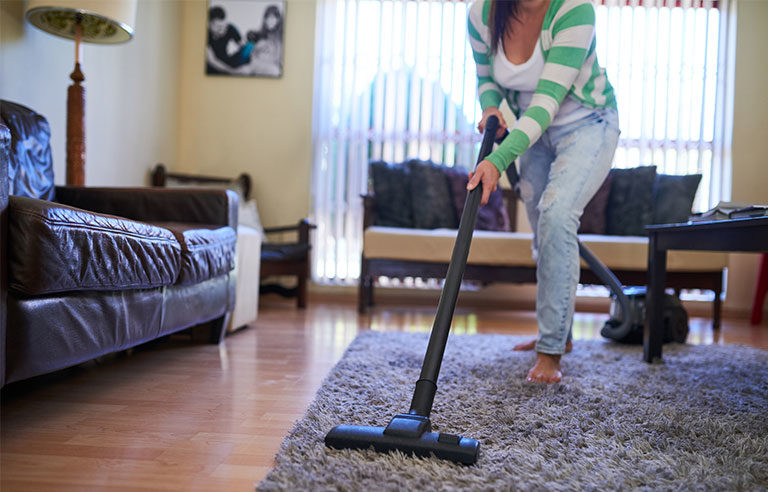Healthy thoughts as important as healthy activity, researchers say

Stanford, CA – People who consider themselves less active than others in their age group – even if that perception isn’t accurate – are more likely to die younger than their peers who consider themselves more active, according to a study from Stanford University.
For the study, researchers reviewed survey results from more than 61,000 U.S. adults between 1990 and 2006 and the number of deaths in that group as of 2011. One out of 3 participants wore a device that measured activity for one week, while other participants self-reported the frequency, intensity and time that they exercised.
When participants were asked about their level of exercise, their perceptions often did not match the reality, the researchers said.
“If you live in an area where most of your peers are really fit, you might perceive yourself as relatively inactive, even though your exercise may be sufficient,” Octavia Zahrt, a doctoral student at Stanford, said in a press release. “Or if you believe that only running or working out at the gym count as real exercise, you may overlook the exercise you are getting at work or at home cleaning and carrying kids around.”
Study results showed that participants who thought they were less active than their peers were 71 percent more likely to have died in the years after the survey. That outcome held “after controlling for actual amounts of activity, chronic illnesses, age, and other demographic and health factors.”
The researchers speculate that when people believe they are doing worse than others, it can lead to depression and anxiety, among other issues, which in turn can harm their health.
“Many Americans think that the only healthy physical activity is vigorous exercise in a gym or on a track,” Alia Crum, assistant professor of psychology at Stanford, said in the release. “Our research suggests that perceiving everyday activities as good exercise is almost as important as doing the activities in the first place. In the pursuit of health and longevity, it is important not only to adopt healthy behaviors, but also healthy thoughts.”
The study was published July 20 online in journal Health Psychology.
Post a comment to this article
Safety+Health welcomes comments that promote respectful dialogue. Please stay on topic. Comments that contain personal attacks, profanity or abusive language – or those aggressively promoting products or services – will be removed. We reserve the right to determine which comments violate our comment policy. (Anonymous comments are welcome; merely skip the “name” field in the comment box. An email address is required but will not be included with your comment.)

